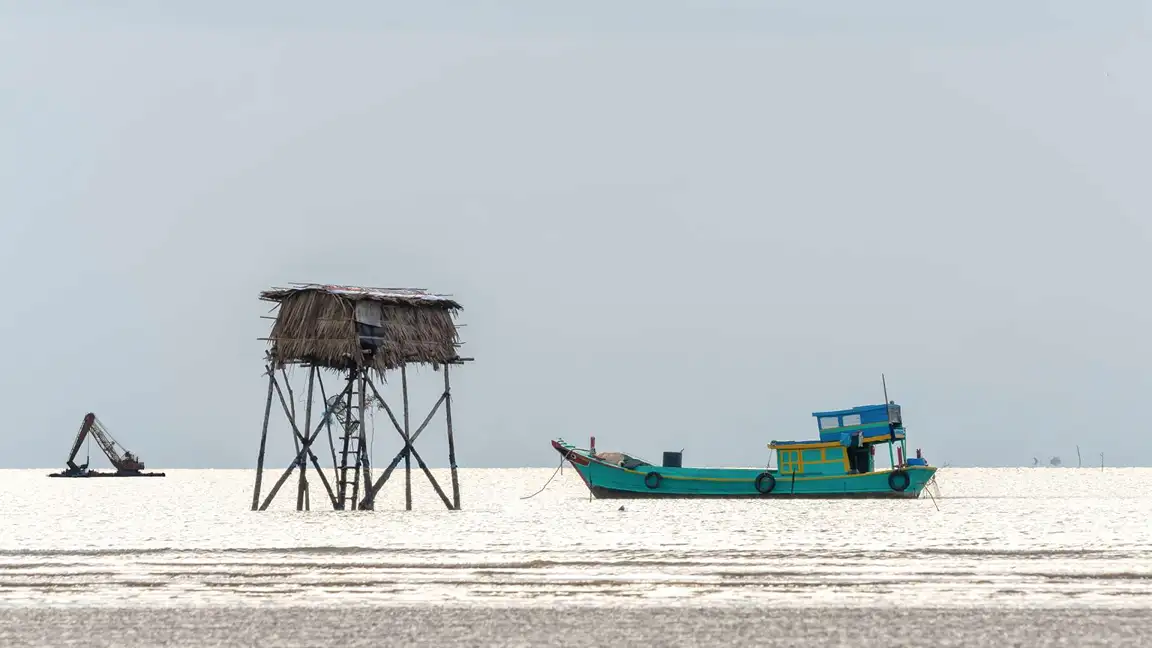Introduction
Dredging activities in Mobile Bay have sparked concerns among local communities about the environmental effects of dredge spoil disposal. At the recent Theodore town hall, these concerns were front and center, with discussions focusing on how dredging impacts the seafood industry and the health of the bay ecosystem. The event highlighted the importance of balancing economic needs with environmental protection.
Background on Mobile Bay Dredging
The U.S. Army Corps of Engineers manages dredging in Mobile Bay to keep shipping channels clear of sediment buildup. Dredge spoil—the material removed during this process—is typically disposed of within or near the bay. However, the methods used for spoil disposal have raised alarms about their potential to harm water quality and marine habitats. Understanding the nature of dredge spoil and its management is critical to addressing these issues.
Concerns Raised at Theodore Town Hall
Theodore town hall attendees voiced significant concerns regarding the impact of dredge spoil on the bay’s ecosystem and seafood industry. Many fear that current disposal methods cause water turbidity, damage sea grass beds, and threaten marine wildlife, all of which are vital to sustaining a productive seafood industry. The community stressed the need for more environmentally sound practices in dredging operations.
Perspectives from Local Fishermen
Fishermen at the Theodore town hall, including Captains Richard Rutland and Patric Garmeson, emphasized that while maintaining the ship channel is essential for commerce, the way dredge spoil is currently managed is detrimental to the bay’s environment. They advocated for changes to spoil disposal practices to protect water clarity and marine life, which directly support the seafood industry that many rely on for their livelihoods.
Environmental Impact of Dredge Spoil
Dredge spoil can cloud the water and smother important habitats like sea grass beds, leading to declines in fish populations and biodiversity. These environmental impacts not only threaten the bay ecosystem but also jeopardize the sustainability of the seafood industry. Implementing strict environmental controls during dredging is essential to minimize harm and safeguard the bay’s natural resources.
Community Advocacy and Government Response
Theodore town hall reflected the community’s ongoing advocacy efforts to influence dredging policies. Local groups, led by Mobile Baykeeper, have met with government representatives to request safer disposal alternatives for dredge spoil. Continued dialogue and town halls are planned to ensure that the concerns of the seafood industry and environmental advocates are heard and addressed.
Future Directions and Possible Solutions
Exploring alternatives to the current spoil disposal methods is a priority for protecting Mobile Bay. Solutions may include relocating spoil to upland sites or contained areas away from sensitive habitats. Advances in monitoring technology can also reduce the environmental footprint of dredging. Balancing the bay’s commercial shipping needs with ecological preservation will require cooperation and innovation.
Conclusion
Theodore town hall highlighted critical issues surrounding dredge spoil and its effects on the seafood industry and bay ecosystem. Community engagement and environmental controls are key to developing dredging practices that protect both commerce and nature. Continued advocacy and collaboration will help ensure a sustainable future for Mobile Bay and its seafood-dependent communities.
